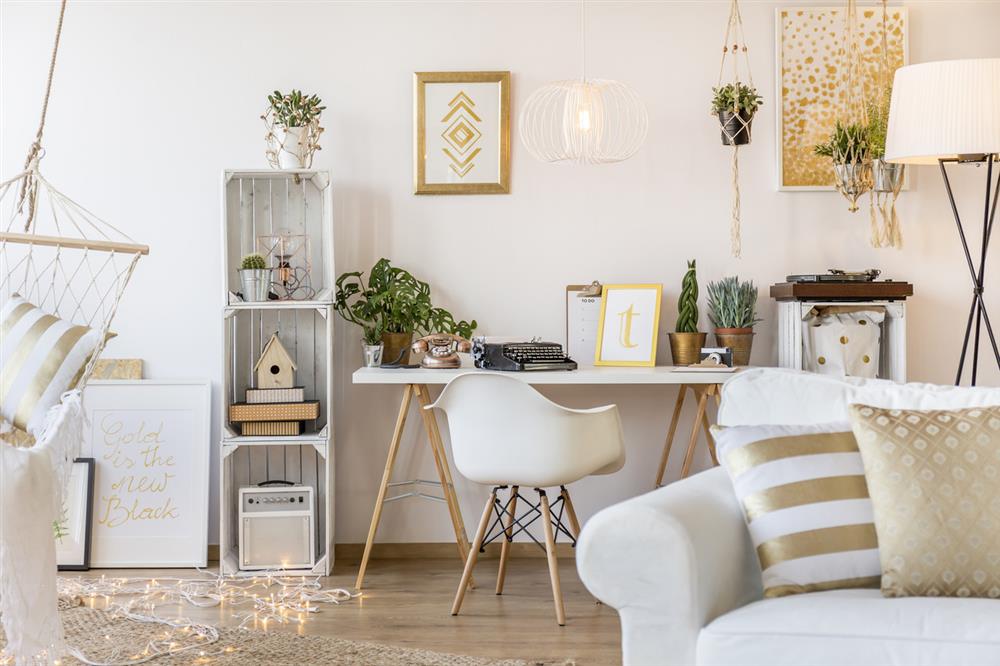
In the realm of interior design, lighting plays a pivotal role in shaping the ambiance, functionality, and overall aesthetics of a space. However, when faced with a room lacking overhead lighting fixtures, it poses a unique set of challenges. Fear not, for there are myriad alternative lighting solutions to illuminate such spaces effectively and stylishly.
Natural Lighting: Embracing the Sun’s Radiance
Maximizing Natural Light Sources
Positioning Furniture Strategically
Strategically positioning furniture can optimize the flow of natural light within a room. Place larger pieces, such as sofas and cabinets, away from windows to prevent obstruction of light pathways. Opt for lower-profile furniture to maintain an open, airy feel and allow light to permeate throughout the space effortlessly.
Utilizing Mirrors to Reflect Light
Mirrors serve as invaluable assets in rooms lacking overhead lighting by amplifying the impact of natural light. Position mirrors opposite windows to bounce light across the room, creating the illusion of spaciousness and brightness. Choose mirrors with sleek frames or frameless designs to enhance visual appeal without overpowering the decor.
Window Treatments to Enhance Natural Light
Sheer Curtains for Diffusion
When dressing windows in rooms without overhead lighting, opt for sheer curtains to diffuse incoming sunlight gently. Sheer fabrics allow light to filter through while offering privacy and softening harsh glare. Select neutral hues or delicate patterns to complement various interior styles while maximizing the diffusion of natural light.
Installing Light-Colored Blinds or Shades
Light-colored blinds or shades serve as effective light control solutions for rooms devoid of overhead fixtures. Opt for materials like bamboo or linen in soft shades of white or beige to maintain an airy ambiance. Adjust the blinds or shades throughout the day to regulate light levels and create a comfortable environment conducive to relaxation or productivity.
Incorporating Light-Reflective Surfaces
Choosing Light-Colored Paints
When illuminating a room without overhead light, selecting the right paint colors can significantly impact its brightness and warmth. Opt for light hues such as soft whites, pale neutrals, or pastel shades to reflect and amplify natural light. Matte finishes are ideal for creating a subtle, diffused glow, while satin or eggshell finishes offer a hint of sheen for added luminosity.
Adding Glossy or Metallic Finishes to Furniture
Introducing furniture with glossy or metallic finishes can enhance the reflection of natural light, thereby brightening the space. Consider incorporating pieces crafted from materials like polished metal, mirrored glass, or lacquered wood to introduce visual interest and luminosity. Position reflective furniture strategically to maximize light dispersion and create a captivating interplay of light and shadow.





